Lahore and Delhi choke on smog as leaders mull climate diplomacy
Expert says switching to renewables and reducing vehicle emissions are long-term solutions to reducing air pollution on both sides of border
Manasi Gupta
Content Producer, Nukta
Manasi Gupta is a media professional with 7+ years of experience. She has worked as a Radio Jockey and Associate Producer with prestigious media organisations in India.

Laiba Zainab
Correspondent
Laiba Zainab is an award-winning journalist with nearly a decade of experience in digital media. She has received the DW & CEJ-IBA Data Journalism Award and the top digital media prize at the National Media Fellowship. At NUKTA, she covers underreported stories on health, crime, and social justice.

Sidrah Roghay
Senior Producer
Sidrah Roghay is a storyteller at heart, with over a decade of experience in newsrooms across Pakistan, the US, and Turkey
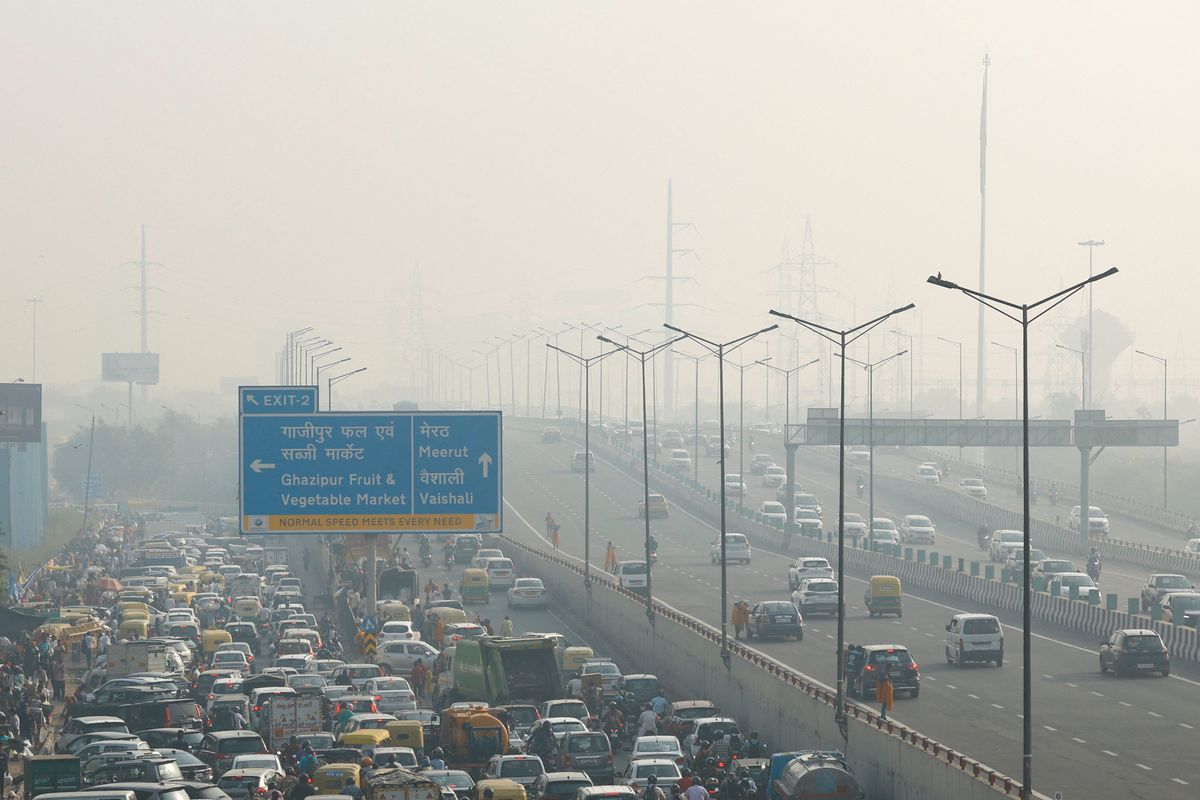
Vehicles are stuck in traffic amidst early morning smog near a flower market in New Delhi, India, October 30, 2024.
Reuters
Lahore, Delhi have AQI in hazardous and unhealthy ranges
Pakistan's Punjab chief minister calls for climate diplomacy to tackle smog
Toxic air can cut life expectancy by more than 5 years: study
Long-term solution include shifting to renewables, reducing vehicle emissions
It starts with an itchy sensation in the throat before developing into a cough which stalls Tulika Rastogi's life for four months every year.
"I can't do normal household work. I can't teach my kids. I can't go anywhere as stepping outside the house only worsens my condition," said Rastogi, who is a homemaker in Delhi, India's capital which struggles with a severe smog problem.
Come October, smog descends upon India's breadbasket states of Punjab and Haryana, traveling west to Delhi. Cold air traps construction dust, vehicle emissions and smoke -- engulfing the city under a blanket of smoke and fog, also known as smog.
Rastogi, 40, has consulted many doctors for her allergies which worsen in the winter months, but their only advice for her is to move out of Delhi, away from the pollution
"But my home is here," she told Nukta.
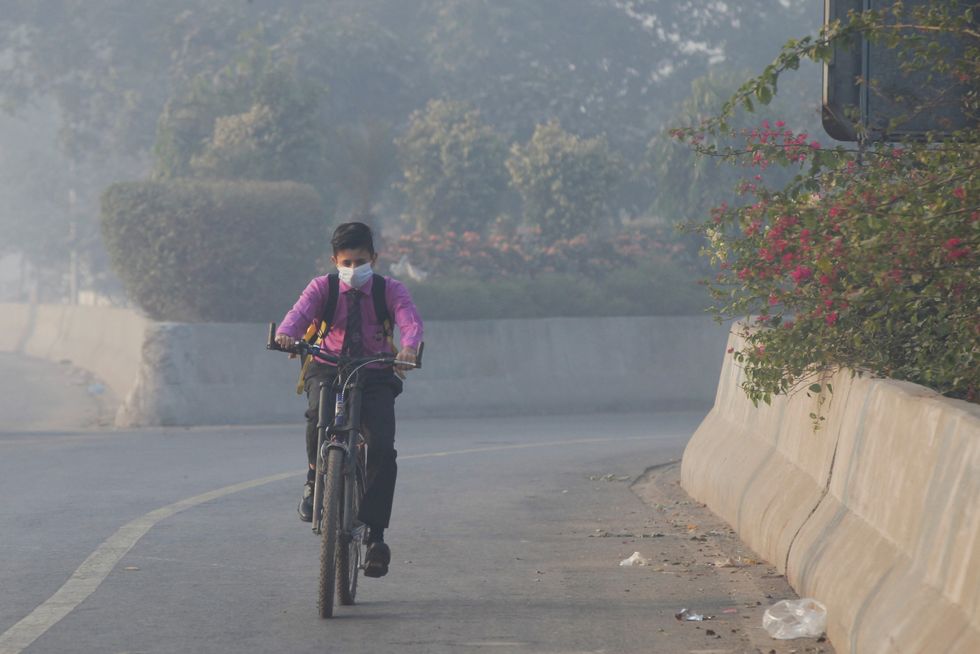
In India's neighbor Pakistan, the megacity of Lahore also suffers in the winters from smog.
Omer Rahman, a 24-year-old medic in Lahore who uses a motorbike to commute, told Nukta that due to smog his eyes irritate and he has difficulty breathing, especially in the early mornings when smog is thickest.
His homegrown solution is to wear a mask and a helmet as a sort of "double protection" against pollutants.
Reduced life expectancy
A study has found that toxic air can cut life expectancy by more than five years.
South Asia, which includes the world’s most polluted countries of Bangladesh, India, Nepal, and Pakistan, accounts for more than half of the total life years lost globally to pollution, the University of Chicago’s Energy Policy Institute (EPIC) said in its Air Quality Life Index (AQI).
The AQI, a measure of pollutants in the air, in Lahore inched upwards of 400 on Monday, placing it in the hazardous range, while in Delhi it is above 200, also unhealthy. In contrast, Istanbul has an AQI of 56, Dubai 60, and London 33.
Climate diplomacy
The chief minister of Pakistan's most populous province Punjab, whose capital is Lahore, has called for "climate diplomacy" with arch-rival India to combat smog ahead of the winter months.
"We should talk to them, this is called climate diplomacy. We should do it with India," said Chief Minister Maryam Nawaz Sharif earlier this month.
The province is also using cloud seeding to create artificial rain.
"Resources have also been allocated for artificial rain and other measures," said senior Punjab minister Marriyum Aurangzeb, adding each instance of artificial rain will cost between 5 million Pakistani rupees ($18,000) and 7 million Pakistani rupees ($25,200).
To protect children, school timings have been changed in the province.
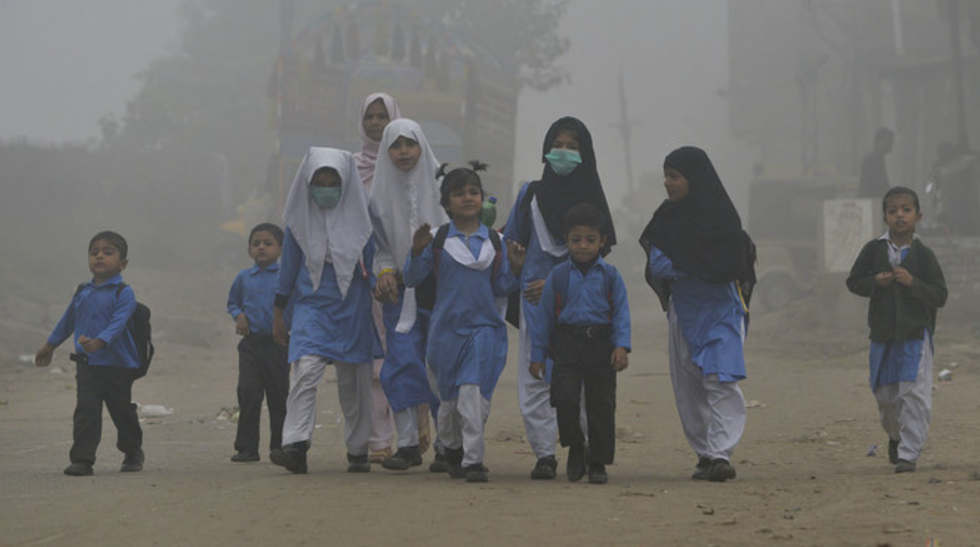
Clean air fundamental right
In a landmark ruling, India's Supreme Court said earlier this month that living in a pollution-free environment is a fundamental right, urging authorities to address deteriorating air quality in the north of the country.
"These are not the matters only of implementing the existing laws, these are the matters of blatant violation of fundamental rights...the governments will have to address...how they are going to protect the right of citizens to live with dignity," the court said.
Burning of crops
One of the main causes of smog is the burning of paddy stubble to clear fields, a practice that stokes air pollution at the onset of winter, authorities have said.
Federal and state authorities have encouraged farmers to stop burning crop residue and penalized those that do. Both India and Pakistan have also arrested scores of farmers for burning crop.
'Everyone is at risk'
"Everyone is at risk," but young children are at greater risk, Rafay Alam, a Lahore-based environment lawyer, told Nukta.
He referred to a pneumonia epidemic in Punjab in January which claimed the lives of several hundred children.
"Now pneumonia is a chest-related illness but it's made worse by air pollution," he said, drawing attention to the alarming effects of toxic air.
Alam recommends wearing masks and investing in an air purifier, which costs a fraction of air conditioners.
He said he hoped that leaders of India and Pakistan would sit together to talk about ways to reduce air pollutants that pose great risks for people on both sides of the border.
"There have been attempts at air pollution diplomacy in South Asia in the past. In the 90s, the SAARC Male Declaration was signed between countries of the region to conduct research and monitor air pollution and share information with one another. That agreement hasn't gone very far and I don't have very high hopes for any climate diplomacy on air pollution," he said.
Long-term solution
Criticizing measures like cloud seeding and artificial rain, he said it only provides relief for "a few hours at the most."
"You reduce air pollution by attacking the sources of pollution. This cloud seeding is a waste of time and an immense waste of money," he said.
Rejecting the commonly held belief that burning crops causes smog, he quoted repeated studies carried out by the government saying that vehicle emissions are the top contributor to air pollution.
Efforts like moving to renewables are needed to tackle pollution in the long term, he said.
With input from Reuters


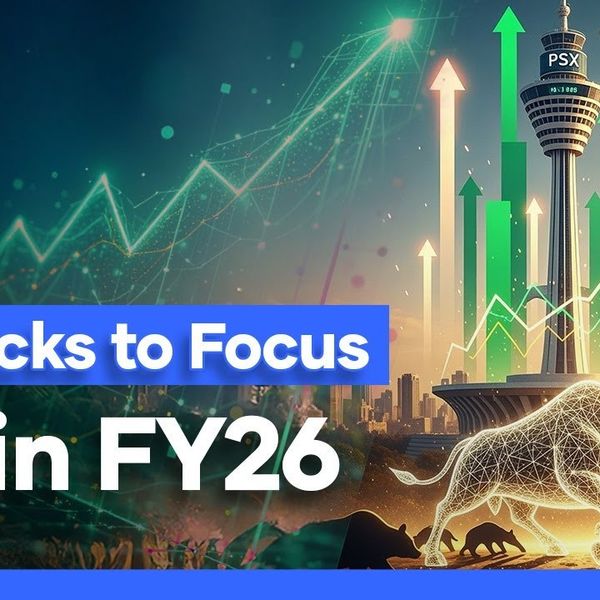
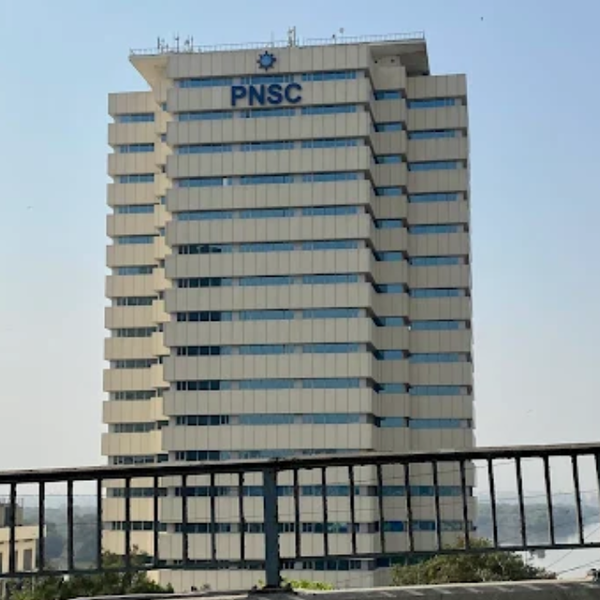

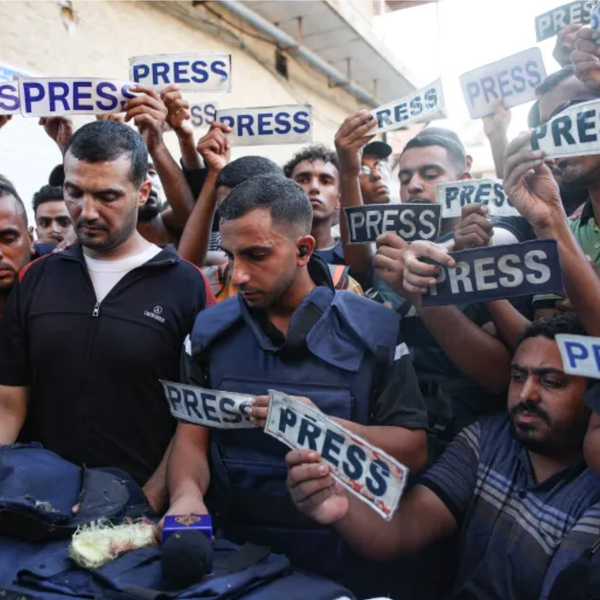

Comments
See what people are discussing